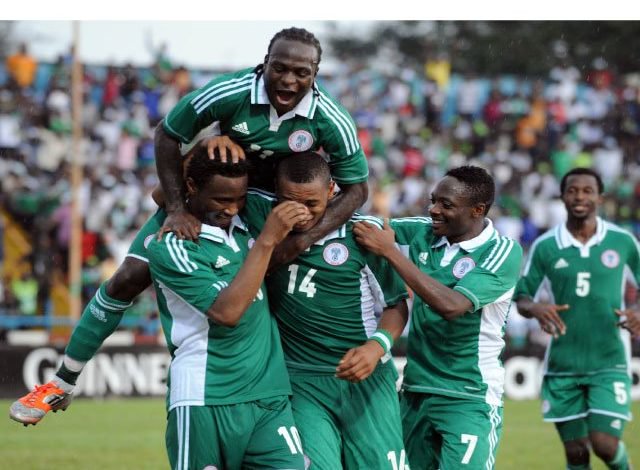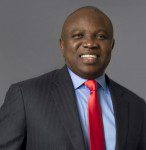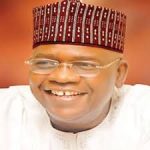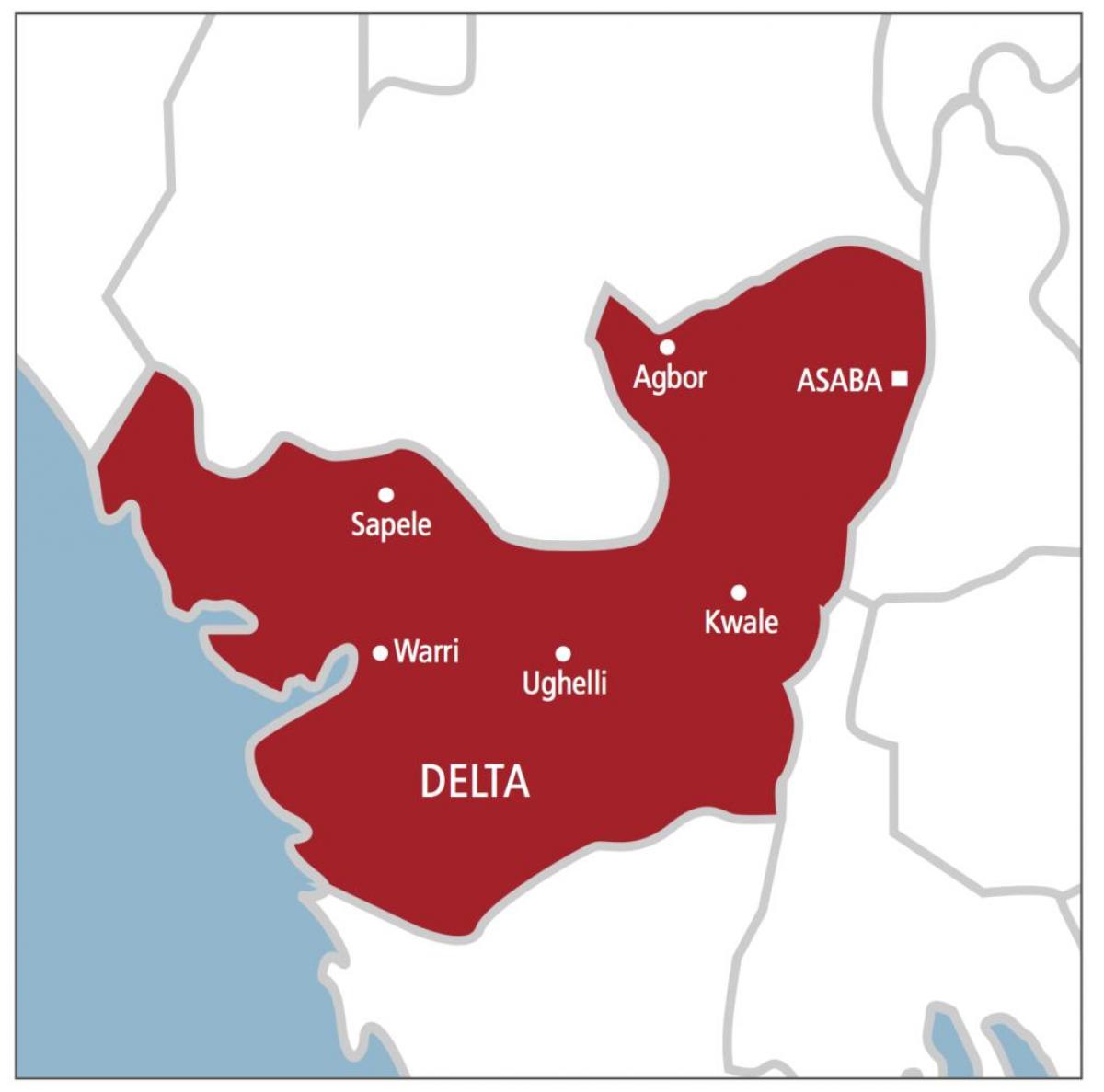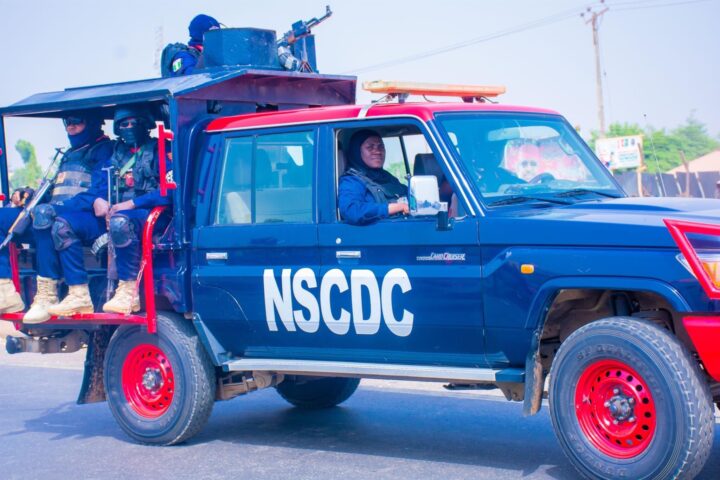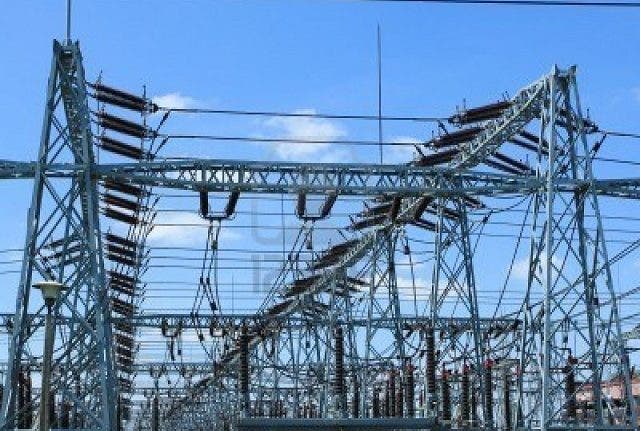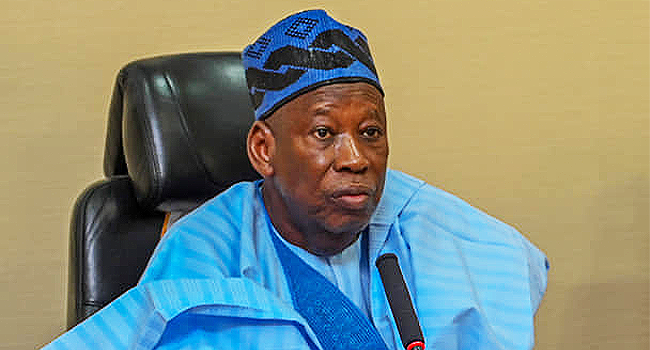As dusk sets on another year, it is time once again for us to perform our annual ritual of looking back and then peering ahead. In looking back at 2017, what we see is Nigerian sports on a roller coaster heading to an undefined destination.
Simply put, administration, as has always been the case, has not managed to match plan with potential in sports development.
In 2017, there was, again, no grand plan to harness the huge amount of abundant natural talent that the whole world knows exists in this mass of Black humanity.
What is noticeable about the year is an emerging trend, a subtle change in strategy, of identifying good athletes to represent the country in international competitions from the fairly large pool of Nigerian youngsters born or living overseas.
This group, honed in the more advanced sports cultures abroad, has helped to shore up the talent base and reinforced the quality of representation in several national sports teams. This has been mostly noticeable in athletics, basketball and football.
This newly adopted strategy makes a big statement about the state of domestic sports development within the country itself – very slow, or non-existent in most sports.
So, in 2017, we can categorically state that there was no remedy still for the absence of an authentic domestic sports development plan in the country. There is no functional policy, no good infrastructure and facilities, little personnel capacity development and definitely no grand plan.
The other day, I was looking at a document prepared by the Australian Institute of Sports (AIS) in 2003, for a 10-year sports development programme in Nigeria using the Australian model but anchored to the Nigeria Institute for Sports (NIS).
That plan was actually presented to, and approved by the Federal Executive Council (FEC) under former president, Chief Olusegun Obasanjo.
Implementation kicked off but was quickly buried in the storm of a change in government. The appointed members of a new governing Council of the NIS and new leadership of the NSC did not have the original vision, the enthusiasm, the passion and even the knowledge to sustain the implementation of that grand idea whose rewards and products lay in the distant future and could not be ‘seen’ immediately.
The plan was eventually ditched and now rests forgotten somewhere amongst several other similar archival materials of Nigerian sports.
It took a trip by President Obasanjo to Australia, and a visit by him to the Australian Institute of Sports for him to be apprised of what sports did for Australia that they could also do for Nigeria and its teeming youths. The ensuing enthusiasm birthed the approved but dumped 10-year Athletes Development plan.
The feeling amongst administrators at the time was that 10 years were a long time. To sustain the tempo for that length of time in this environment is impossible. Nigerians are impatient and never give allowance for germination and nurturing before cultivation. Things must be done now now and results must also be now now.
The fear is that no one survives that long in sports administration, and that they will not reap from what they have sown. Such is the myopia that drives sports development.
What cannot bear fruits immediately is not pursued. That’s why a coach must produce results immediately he is hired or he gets fired after the first major failure. That’s why Nigeria must win medals in the immediate next international competition or the administrator is counted as a failure. Achievement is tied to the medals rostrum.
That’s why also the short cut rules and fails down the line!
It has been 14 years since the Australian programme was approved. By now, if the country had been patient, had vigorously followed the plan, it would have become an advancing sports culture winning medals more consistently and steadily growing the sports industry.
In 1977, I was in China with the Green Eagles of Nigeria for an invitational tour. The national team visited the cities of Peking, Shanghai, Canton, and even Hong Kong.
China, of course, is an ancient civilisation with a long history dating back Centuries. But in 1977, I can testify, it was a Third World country in terms of economic, political and social advancement compared to the West.
It was a true communist enclave, relatively poor, overpopulated, remote and closed to the outside modern world. It welcomed very few tourists and visitors. Only very few cars plied its wide roads and boulevards filled everywhere with oceans of bicycle riders. There weren’t even coloured television sets in the modest homes the people lived in. The citizens wore the same set of ‘uniforms’ as clothing – white baggy shirts on grey baggy trousers.
The only Blacks in the whole of China according the information available were the Nigerian Ambassador, his family and few staff of the embassy. In all our travels in China, we did not encounter a single Black person!
Today, China is the probably second only to the USA as a global super power in virtually all fields. There are probably more Nigerians migrating to China than anywhere else in the world. There is a bulging Black population in China and Chinese cities have become some of the fastest urban developments in the world today!
All of this in less than 40 years!
The case of Brazil brings the matter even closer home.
When the Green Eagles also spent three months in Brazil in 1979, that country was very much like Nigeria, a young fledging emerging Third World democracy.
In fact, Brazil had a thriving Black population mostly of Nigerians of Yoruba extraction in the Bahia region where we went to play one friendly match. The country was very much like Nigeria rich in mineral resources and eager to improve the level of national infrastructural development.
The foundations of the first underground train system were just being laid in Rio De Janeiro at the time just as a similar project was sprouting in Lagos under the Lateef Jakande government.
The metro line system was a 25-year development projection. It looked like an eternity at the time. But only myopic self-serving administrators would think that way.
That was some 38 years ago. The metro line system in the city of Rio is working today and has moved the city into the 21st Century.
Whereas, the Lagos Metro-line system is just taking off now again after over 30 years in comatose, crippled by national politics, locked up in a drawer gathering dust and waiting for a national leader that can see beyond the mist of politics, and see that even eternity is NOW!
Whilst several countries have moved up the sports development ladder since the 1970s, Nigeria has remained in a warp!
The 10-year Athletes Development Plan designed by the AIS is dead. The NIS is a living dead institution. Nothing has happened. No meaningful sports development has taken place. No new plan is even in place!
That’s why the option of fishing for athletes to represent the country from the pool of Nigerians living abroad and honed in the advanced cultures of sports overseas has become attractive. It is the new short cut.
It is working in Basketball, in some Track and Field events, and particularly in football. Unfortunately, this pool of talent is still limited compared to the huge millions and millions of young Nigerian boys and girls in or out of schools waiting to be discovered, plucked, engaged and trained to become the best they can be all over the country.
In 2017 table tennis is one sport that has done fairly well through the effort of a few administrators with commitment to the relatively inexpensive community-driven sport.
There is wrestling also doing well and producing a pool of new local talents.
What is clear at the end of 2017 is that sports are still not appreciated by most States and the Federal Government as an important tool for national development beyond their periodic entertainment value.
As the country enters 2018, we hope that a ‘miracle’ will happen to change this mentality and attitude. That’s the only way some of us in the industry that keep our sanity in this clime.

